Can an uploaded brain live forever?
Getting your head in the cloud
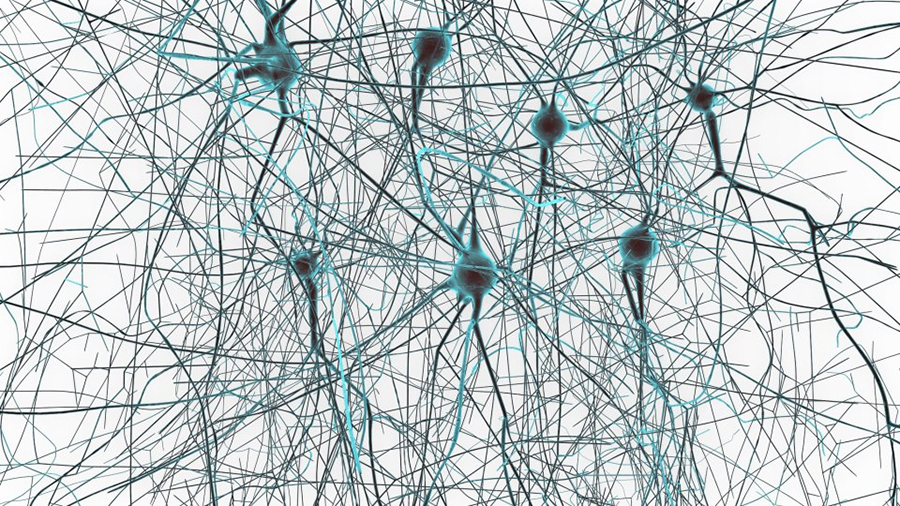
As speedy as today's supercomputers are, they're still nowhere near the complexity and power of the brains sitting inside of our heads. But the rapid rise of computing technology and artificial intelligence poses a very interesting question: will we one day be able to upload our minds to the cloud?
Imagine mapping all of the information inside your head to a stack of servers; your mind living forever in a carefully cooled data center. It sounds like the start of a Hollywood sci-fi blockbuster, or the idea behind the excellent gaming thriller SOMA, but there are already scientists working making this concept a reality.
Take the 2045 Initiative, for example, spearheaded by Russian entrepreneur Dmitry Itskov with the aim of dispensing with our biological bodies by - you've guessed it - 2045.
Itskov and his team aren't jumping straight to uploading the brain to the cloud, though. First, they want to build "brain-carrying avatars" to hold your biological brain after your human shell wears out before developing a system through which our minds can be replaced, piece-by-piece, with a superior artificial replacement.
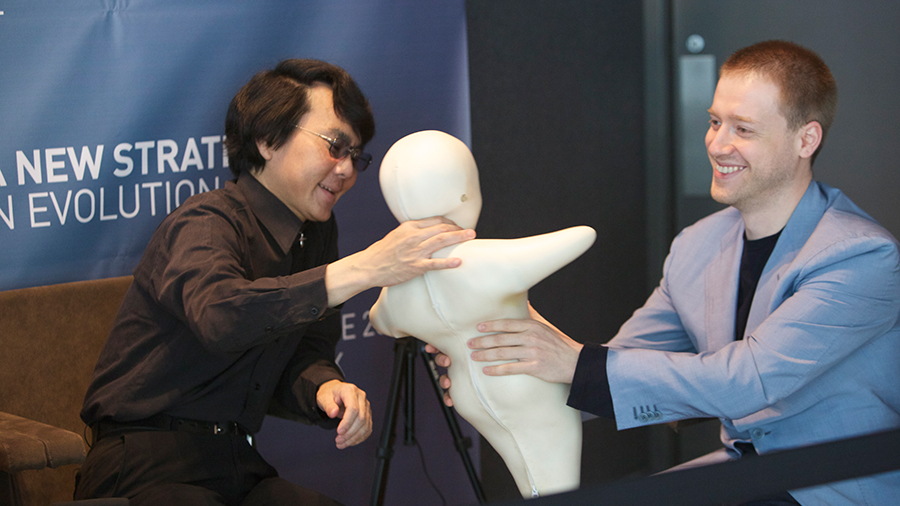
Then there's the Brain Preservation Foundation (BPF), a non-profit organization formed to advance every aspect of brain preservation, including building computer systems to replicate the millions of neurons constantly buzzing inside our heads.
Like the 2045 Initiative, the BPF's mission is far-reaching, covering everything from brain-friendly diets to advancing cryogenic brain storage.
There's also the Blue Brain Project, run from the École Polytechnique Fédérale de Lausanne (EPFL) in Switzerland. Again, with a focus on replicating brains, but it's starting with rodents before moving on to humans.
Sign up for breaking news, reviews, opinion, top tech deals, and more.
With 86 million nerve cells inside the human brain at the last count, the computing power required is potentially vast - and at this stage, no one's quite sure exactly how everything in our minds fits together. It's certainly not as simple as a computer's file tree structure.
If we're going to pull this off, we're going to need to know a lot more about the brain, build computers that are a lot more sophisticated, and (if that wasn't enough) try and pin down the mystery of consciousness, too.
Can it be done? And when?
"Based on our best current understanding of neuroscience, it is reasonable to believe that uploads will be possible in the not-too-distant future," says psychiatrist and Brain Preservation Foundation Research Fellow Michael Cerullo.
According to Cerullo, it's just a question of scale - the technologies needed to scan, map and emulate the brain are already here, they just need to become more powerful (we're looking at about 20,000 terabytes per brain, the experts say).
"We, of course, need a lot more experience in emulating brains and we are seeing the beginnings of this new science today," he told us. "It should grow rapidly with more computing power and scanned data sets of connectomes [neural connection maps] in animals and ultimately humans."
The BPF runs an innovation competition looking for brain preservation technologies that come in under the $20,000 mark (about £15,300). And you might want to start saving soon, or at least start putting something aside for your kids.
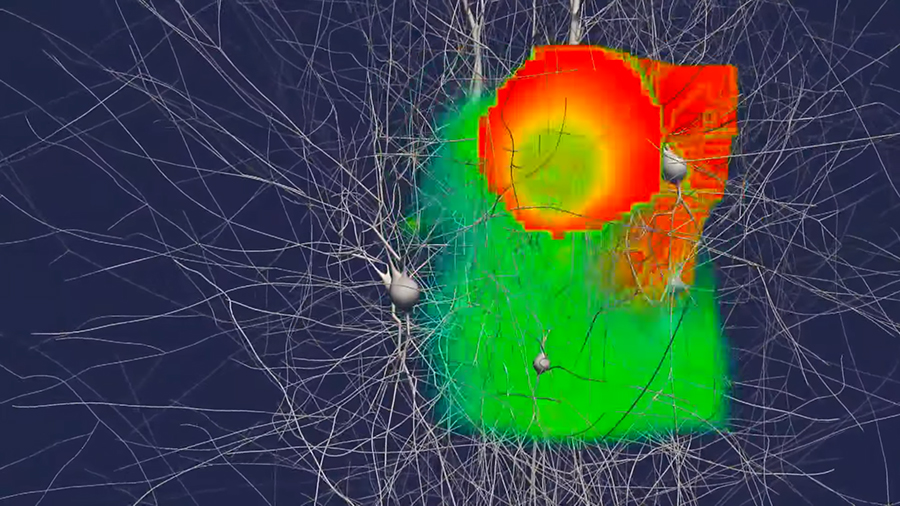
Keith Wiley, the author of A Taxonomy and Metaphysics of Mind-Uploading and board member at Carbon Copies, agrees that it's just a matter of time before brain uploads are a reality.
"I think people get knotted over notions of 'what is physically possible' because they imagine short timelines and project limits onto those timelines," Wiley told TechRadar.
"To propose that a civilization of the sort that humanity will become in 10,000 years or a million years would lack the scientific and engineering facilities to achieve the functional and physical requirements of mind uploading is, quite simply, totally absurd."
Predicting the future has always been tricky - you only need to look at past predictions from 50 or 100 years ago to know that - but Cerullo and Wiley are firmly in the camp that thinks such progress is inevitable.
Consciousness and computer chips
Other experts aren't so sure. Neuroscientist Miguel Nicolelis says the brain is too unpredictable and non-linear to ever be replicated through engineering - even the biggest supercomputers can't accurately model something like the stock market, he argues, and he says the brain is similarly dynamic and complex.
"You could have all the computer chips ever in the world and you won't create a consciousness," he says.
Nicolelis brings up perhaps the thorniest and most debated issue surrounding brain uploading, and one that's guaranteed to make your own brain hurt (if it isn't already). Where does consciousness spring from? And can it be replicated? If we want to live forever in robotic form, we need to find out.
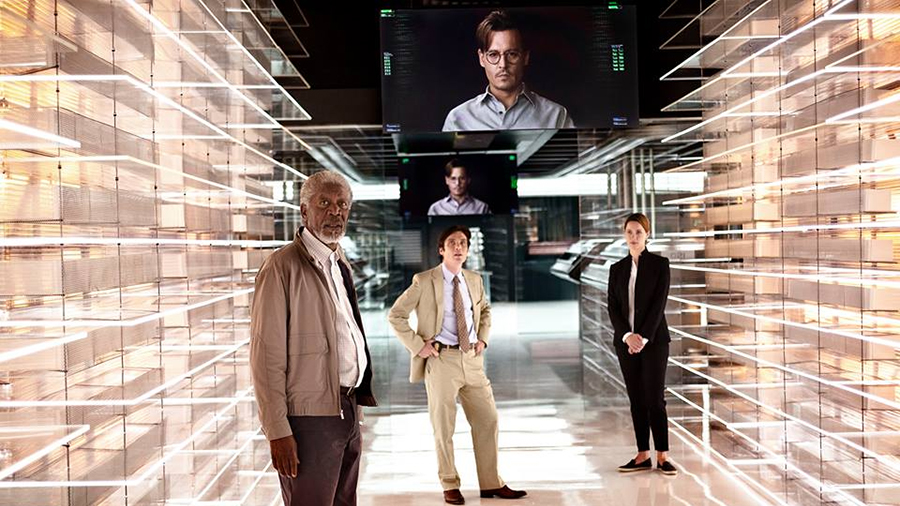
The short answer: we just don't know right now. Would an exact copy of a brain, given the right environment, create a consciousness? Or is there something intangible that's lost when it leaves its biological body? Again, the experts are split.
Take a day out at the beach, for instance - it's more than a series of inputs (sights, sounds, smells), it's an experience, and our experiences change the brain in very subtle ways.
It's what philosopher David Chalmers has called "the hard problem".
"It is widely agreed that experience arises from a physical basis, but we have no good explanation of why and how it so arises," he writes. "Why should physical processing give rise to a rich inner life at all? It seems objectively unreasonable that it should, and yet it does."
And consciousness can't be put in a test tube. We can't measure it, even if all of us are experiencing and living with it all of the time.
"If you and I attend the same concert, the changes that occur in my brain when I listen to Beethoven's 5th will almost certainly be completely different from the changes that occur in your brain," writes psychologist Robert Epstein in Aeon.
"Those changes, whatever they are, are built on the unique neural structure that already exists, each structure having developed over a lifetime of unique experiences."
At this stage we're veering into the realms of philosophy as well as biology and computer science. If a perfect copy of your brain is placed inside a computer, are you living forever? Or has your mind just been backed up for safe keeping? It might be a while before we get definitive answers, if they ever come at all.
"A crucial question concerning brain uploading is whether or not we could truly survive such a process: would the personality uploaded into the computer really be yourself?" Alex Carruth, a Research Fellow in the Philosophy of Mind at the University of Durham, told us via email. "There are reasons to think the answer to this question is no, at least strictly speaking."
However, Carruth doesn't rule out the possibility of brain uploads completely. One school of thought, emergentism, holds that even if consciousness can't be encoded, it will emerge naturally if the right building blocks are put in place.
"This seems to leave open the possibility that emergent consciousness could be realized in non-biological systems, such as a computer," he says.
Saying bye bye to biological bodies
For those of us without degrees in neuroscience, artificial intelligence and philosophy, it's a tricky set of concepts to get your head around - but it's fascinating to speculate about just how powerful software systems might become, and whether they'll ever be able to duplicate and preserve the brain.
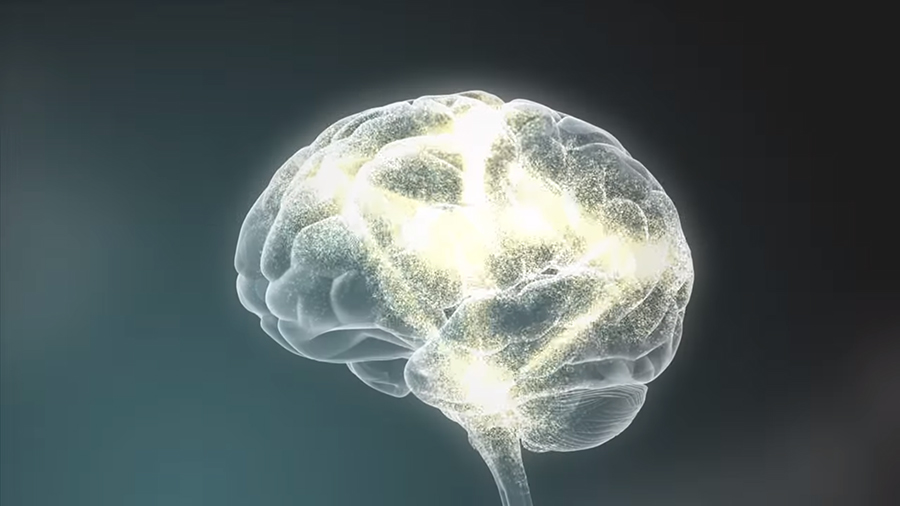
Until we know more about how the brain works and how a computer might be able to emulate it, it's difficult to predict what the experience would be like - whether we'd be comfortable existing in virtual reality environments or whether we'd go mad within the first five minutes of a non-biological existence.
It seems certain though that this will be a gradual process, so brain uploading won't suddenly appear on the scene like the iPhone 7. The experts we spoke to agreed that technology will gradually improve bit-by-bit, augmenting our biological forms and then eventually phasing them out - but no one's sure how long that's going to take.
Elon Musk is on the case, though, in between planning missions to Mars and developing electric, self-driving cars.
"We're currently bandwidth-limited," he said in a recent interview. "We have a digital tertiary self... but we're extremely bandwidth-constrained in that interface. And helping solve that bandwidth constraint would be, I think, very important in the future as well."
In the next ten years or so, you're more likely to get a high-tech brain add-on than a brain replacement. Eventually, though, we might be able to go further.
"It seems quite clear to me that in the long run, there won't be any biology left," says Keith Wiley. "The biological way of being will go away completely as we totally and utterly shed our messily evolved, intolerably error-prone, injury-prone, disease-prone, imprecise, difficult-to-repair, and generally limited biological form."

Dave is a freelance tech journalist who has been writing about gadgets, apps and the web for more than two decades. Based out of Stockport, England, on TechRadar you'll find him covering news, features and reviews, particularly for phones, tablets and wearables. Working to ensure our breaking news coverage is the best in the business over weekends, David also has bylines at Gizmodo, T3, PopSci and a few other places besides, as well as being many years editing the likes of PC Explorer and The Hardware Handbook.